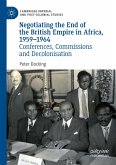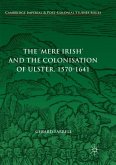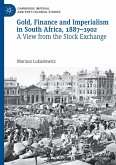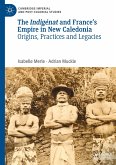Exploring the entwined histories of British royal visits to Southern Africa in the twentieth century, this book analyses the clashing voices of dissent and cheering crowds that accompanied royal tours, providing insight into the shifting nature of 'Black loyalism.' Originating in the indigenous empire loyalism of eighteenth-century Canada, Black loyalism encompassed loyalty to the British crown and a shared ideology of 'rights and 'entitlements,' which positioned the crown as a source of protection against white settler rapacity, colonial violence, and racial oppression. However, expressions of monarchical devotion were often double-edged and addressed the fundamental contradiction of a crown that was both the source of rights and complicit in colonial conquest, appropriation, and misrule. It was on royal occasions such as jubilees, coronation celebrations, and especially royal visits, when the sovereign was literally amongst their more distant subjects, that loyalist sentiment was rekindled, reinvented, and made directly relevant to the concerns of the day. By analysing change and continuity in Black perspectives towards both the British and Indigenous African monarchy during these visits, this book offers a fruitful way into examining an array of Black Southern African discourses on governance, political values, and cultural identities across the region. It argues that the refashioning of British imperial monarchy in the twentieth century was profoundly shaped by African initiatives and re-imaginings, and provides valuable reading for those researching imperialism, popular attitudes to the British monarchy in the twentieth century, and the diverse politics and identities of southern Africa.
Bitte wählen Sie Ihr Anliegen aus.
Rechnungen
Retourenschein anfordern
Bestellstatus
Storno








